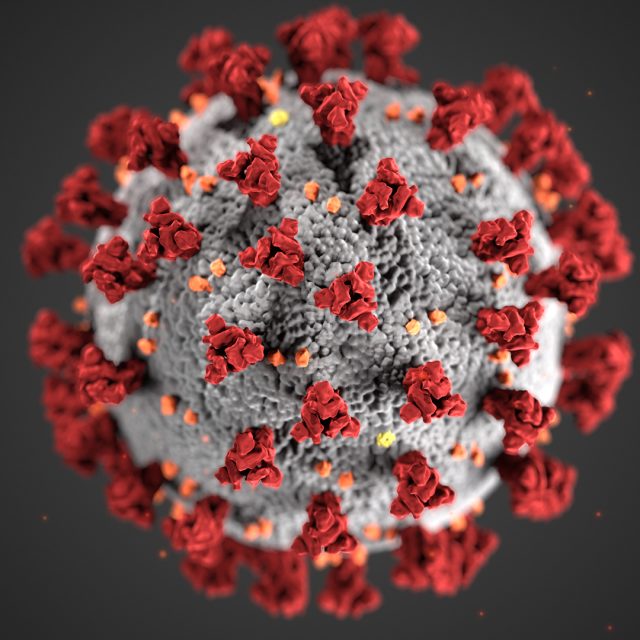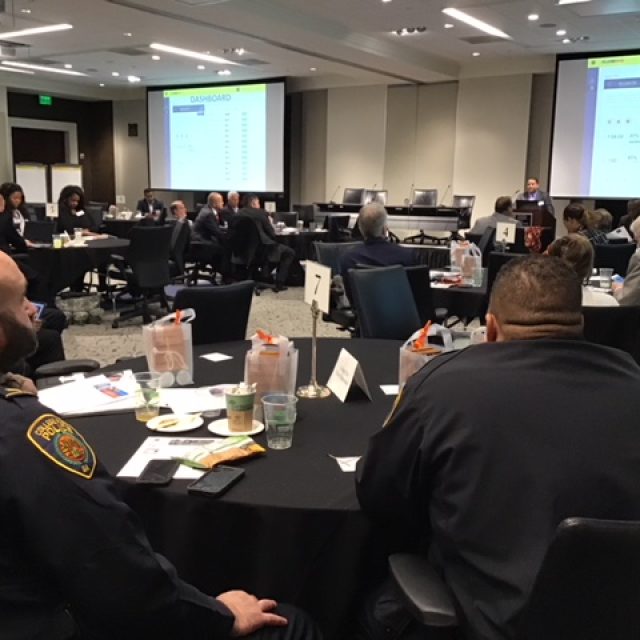The opioid crisis has been in the news a lot in recent years, but what is it really and why should we be concerned? These are not easy questions, but they still deserve answers. Opiates come in many varieties, including morphine, oxycodone, and fentanyl, which are all commonly prescribed to treat pain. However, despite the warnings of high-risk addiction, doctors still prescribe them to treat pain from surgery and other temporary situations. What is not considered is what happens when a patient recovers from the pain and is taken off of the medicine that they have become dependent on, and the “quick fixes” that these patients are willing to use to prevent withdrawal.
By definition, opioids are any substance that gives a morphine-like effect, such as oxycodone and codeine. Doctors prescribe these medicines to provide quick pain relief to surgery patients, chronic pain, and any other physical ailments that warrant an opioid in the physician’s opinion.
Let’s review the story of a young opioid patient, a 28-year-old who had been prescribed pain pills after a gallbladder surgery in 2014. After running out of pain pills, she turned to heroin, a cheaper, more available alternative to prescription medications which have been harder to get. Slowly, it tore her from her family, as she stopped taking care of her kids, and kept begging for money from her parents for bills or to get to the next paycheck, which she’d use to buy more heroin. Sadly, she passed away on February 23rd due to a heart infection caused by a contaminated needle. Is this really what we want our families to go through? How sad!
 Unfortunately, this is a reality for millions of Americans. Because of the careless prescribing of different opioids, millions of patients suffer from addiction with no form of rehabilitation offered by the doctors after a prescription runs out. When that happens, they self-medicate with different illegal opioids to stave off withdrawal symptoms because they are left with no other options. In my personal opinion, pharmaceutical companies should be held accountable for the damage these opioids caused and the lives they have taken.
Unfortunately, this is a reality for millions of Americans. Because of the careless prescribing of different opioids, millions of patients suffer from addiction with no form of rehabilitation offered by the doctors after a prescription runs out. When that happens, they self-medicate with different illegal opioids to stave off withdrawal symptoms because they are left with no other options. In my personal opinion, pharmaceutical companies should be held accountable for the damage these opioids caused and the lives they have taken.
More recently, people have become more informed about opioids and are realizing the damaging effects opioids can have on a family, including my family, of which I’ll now share my personal story. My father was prescribed to take 90 mg of morphine a day, and we saw the effects it had on him. He has recently been prescribed an alternative medicine that had unintentionally lowered the amount of morphine he takes, but to put it mildly, other patients are not as fortunate. Luckily, different organizations and government agencies are helping to combat the damage done by the overuse of opioid prescriptions. The status quo of opioid-related deaths cannot continue, too many good people are dying, and when nothing changes, nothing gets better.
To learn more, click here to read the article from the Tennessean.












